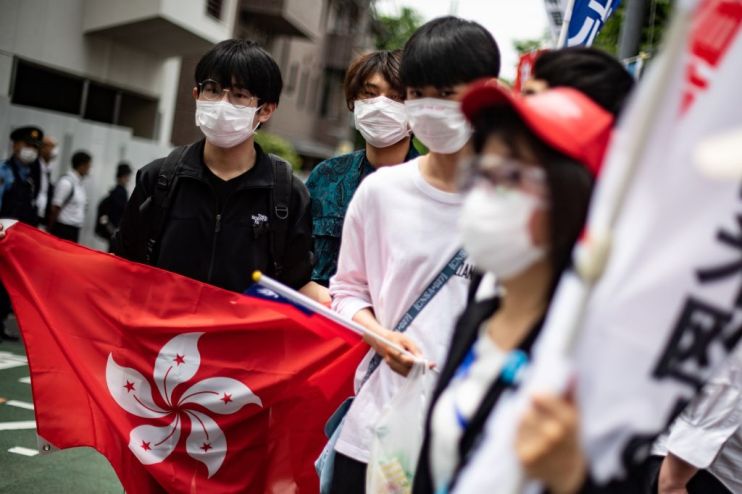Hong Kong lashes out at UK’s ‘biased’ remarks

The Hong Kong government today hit back at the UK’s criticisms over Beijing’s move to impose national security laws on its neighbour, saying the report was “inaccurate and biased”.
The British government earlier this week said Beijing’s plans to introduce legislation against separatism and subversion of state power in Hong Kong was a violation of China’s international obligations.
Foreign secretary Dominic Raab added that it was a breach of the “one country, two systems” mantra that has hung between the two countries since Hong Kong’s handover to Chinese rule in 1997.
Read more: DEBATE: Is it time for western investors to abandon China?
Raab added that a solution to the brewing unrest in Hong Kong following months of protest must come from within the city, not from Beijing.
The Hong Kong government lashed out at Raab’s comments, saying they were “inaccurate and biased remarks on the national security law and the high degree of autonomy” in Hong Kong.
“Any allegation that the law will undermine Hong Kong people’s freedoms and ‘one country, two systems’ is no more than alarmist speculation and simply fallacious,” the Hong Kong government’s statement said.
Both Hong Kong and Beijing have insisted that the legislation will not be a blanket rule, but will focus on “troublemakers” who undermine national security. Hong Kong today added that the new legislation will better protect the rights of its people.
Details of the law have not yet been confirmed, but China has used similar laws to silence human rights lawyers and journalists in the past.
Raab had previously angered Beijing by offering to provide visas to almost 3m Hong Kong residents who hold British Nationals Overseas status if the proposed law is passed.
It comes as Hong Kong today marked the anniversary of a major protest last year, in which police fired tear gas and rubber bullets at citizens. Protestors took to the streets to contest a proposed bill that would have allowed extraditions to mainland China.
Though the bill was later scrapped, the protest movement has since developed into a broader call for democracy over fears that Beijing is weighing too heavily on the city.
Before the Open: Get the jump on the markets with our early morning newsletter